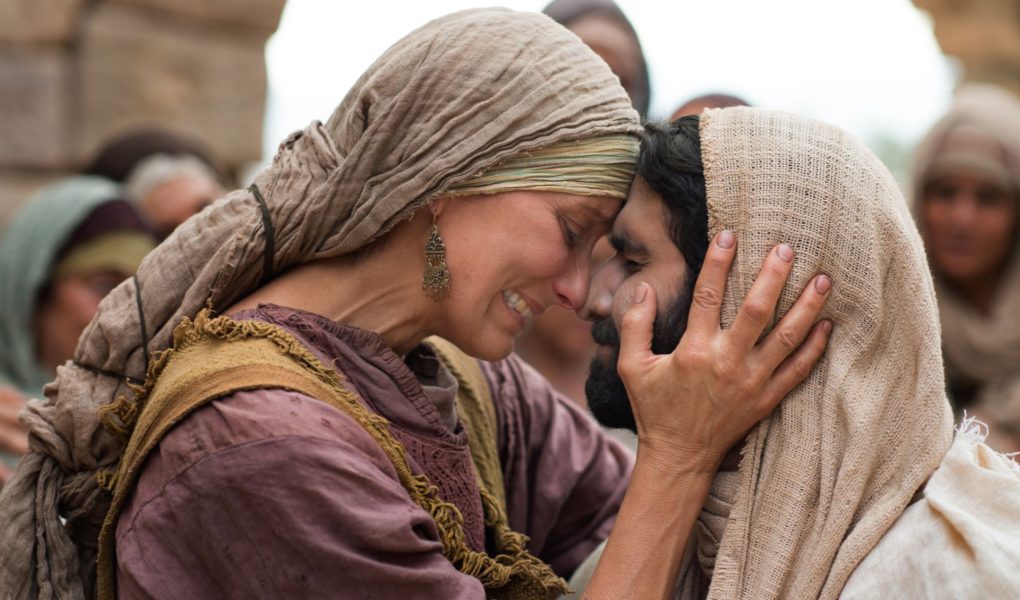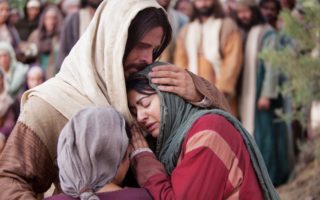In Luke chapter 7, there is a brief account of a miracle Jesus performed. Luke is the only writer of the gospels who mentions it, and the story is given only a brief few verses of text:
“And it came to pass the day after, that he went into a city called Nain; and many of his disciples went with him, and much people.
Now when he came nigh to the gate of the city, behold, there was a dead man carried out, the only son of his mother, and she was a widow: and much people of the city was with her.
And when the Lord saw her, he had compassion on her, and said unto her, Weep not.
And he came and touched the bier: and they that bare him stood still. And he said, Young man, I say unto thee, Arise.
And he that was dead sat up, and began to speak. And he delivered him to his mother.” (Luke 7:11-15)
Recently I learned some detail that gave this account even greater significance in my heart. In the culture of the time, people often thought widows were being punished by God for some wrong doing. They had no status and no means of financial support without male relatives. After losing both a husband and her only son, this woman faced social, financial and emotional destitution. Jesus showed great compassion and love in restoring her son to her. Her plight must have touched his tender heart and her faith allowed a miraculous healing. Additionally, however, in the previous verses in Luke, Jesus is in Capernaum. It says “the day after” Jesus came to Nain and ‘happened upon’ the funeral party mourning and carrying the dead man out of the city for burial. Nain was a very small village, set against a mountain with only one way in and out, 30 miles from Capernaum. For Jesus to arrive there the next day, He would have had to walk all day, and likely even some of the previous night. There is no mention of any other teaching or miracles performed there.
In that widow’s long, lonely night she must have felt forsaken and forgotten. Her world was falling apart, son dying, future uncertain. What she could not see or know, however, was that Jesus was already walking her way. The ‘next day’ would bring healing and hope at precisely the moment all hope seemed gone, tailored perfectly to her need and intimately given just for her. In our own moments of feeling forsaken, we can be sure that the Savior, the Master healer, has already anticipated our need and is ‘coming our way’, even as we reach for Him. No one is too insignificant and no place is too far or inconvenient for Him. He is aware of us. He knows! And His plan is already in motion for our deliverance and triumph over all our adversity. Our ‘next day’ (however long that takes) is waiting for us-full of our own healing and hope, perfectly fitted just for us in the time and way known best by Him who knows us best.




